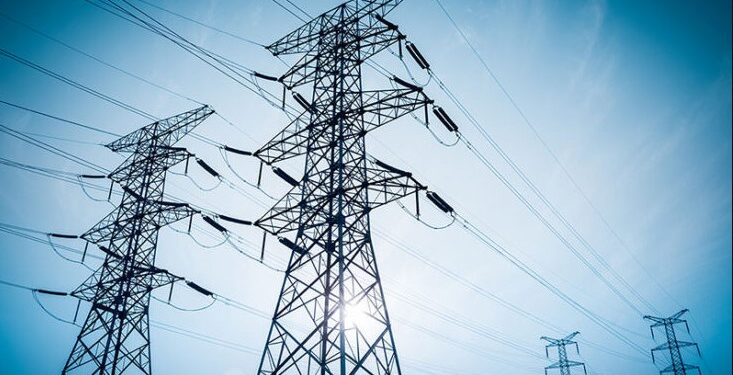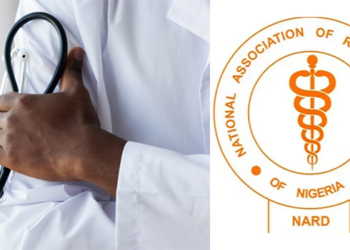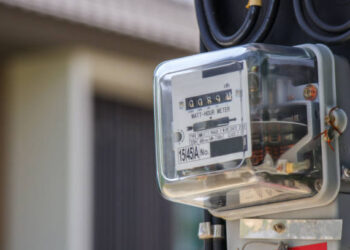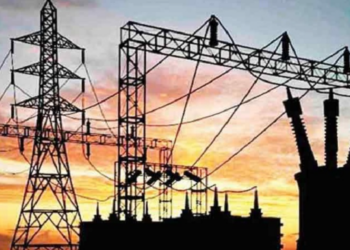Staffs at the University College Hospital (UCH), Ibadan, have announced limited working hours effective Tuesday, April 2 in response to the ongoing power disconnection by the Ibadan Electricity Distribution Company (IBEDC) due to alleged accumulated debts.
Chairman of the Joint Action Committee (JAC), Oludayo Olabampe, representing various unions within the hospital, disclosed this during an interview with newsmen in Ibadan.
Since March 19, UCH has been grappling with a lack of electricity, prompting concerns over patient care and safety. Olabampe emphasized the necessity of restoring power to ensure proper functioning of essential hospital services.
The new work schedule
Under the new arrangement, staff will operate from 8 a.m. to 4 p.m. daily, citing safety concerns for patients and healthcare workers alike.
- Olabampe stressed that after 4 p.m., no patient admissions or treatments requiring essential services like laboratory tests, radiography, or dietary provisions will be carried out due to the unavailability of necessary staff.
- Furthermore, the committee issued a 14-day ultimatum to UCH management, effective from March 27, demanding the restoration of power.
- Failure to comply within the stipulated period would result in a seven-day warning strike by hospital staff.
However, the UCH Chief Medical Director (CMD), Prof. Jesse Otegbayo, expressed surprise at the committee’s decision, noting the absence of formal communication to the management.
Otegbayo emphasized the importance of following proper channels and protocols in addressing grievances within the institution.
He highlighted the adherence to established rules governing government service, asserting that any changes in working hours should be communicated officially to management to ensure appropriate remuneration.
What you should know
The University Hospital found itself in a dispute with Ibadan Electricity Distribution Company over N495 million accumulated over a three-year span.
This resulted in IBEDC disconnecting the power supply to the hospital impacting critical healthcare services.





















